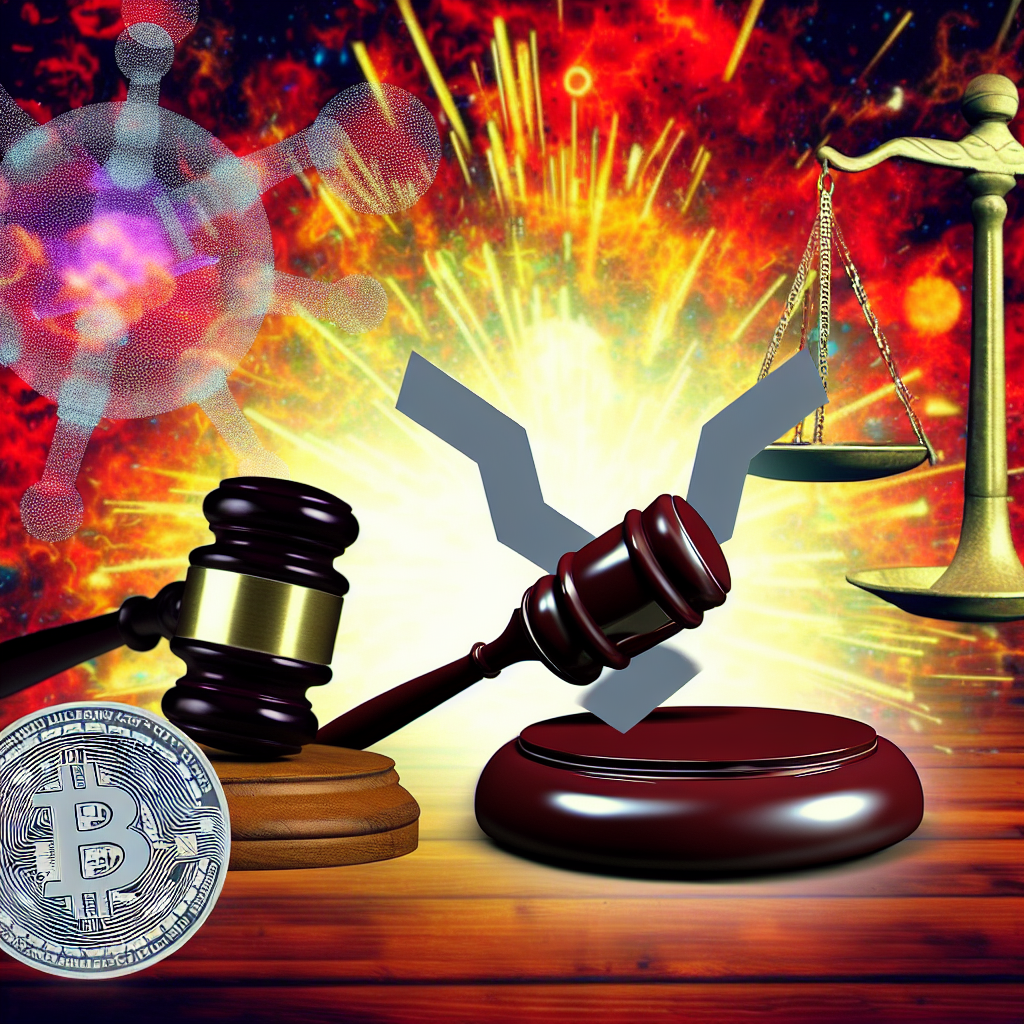
In a critical legal development, US courts conducted a $57 million freeze in connection with the controversial Libra Memecoin case. This case has sparked a fierce debate within the cryptocurrency community and raises important questions about the legality and regulation of digital assets.
Case at a glance
Libra Memecoin was first launched amid the strength of attention, due to its name closely reflecting Libra, a cryptocurrency planned by Meta (formerly Facebook). The lawsuit centers on allegations of fraud related to cryptocurrency, and claims that the plaintiffs are misunderstood by Coin’s promotional strategies. The US court’s decision to freeze $57 million calls for preventing further movements in funds that could complicate the return process for affected investors.
Legal Meaning and Cryptocurrency Regulations
This case highlights the ongoing complexity of cryptocurrency regulations. The US is at the forefront of building regulatory frameworks aimed at preventing fraud while supporting technical and financial innovation. With this freeze, the courts not only aim to protect investors, but also show a strict stance against deceptive practices in the crypto sector. This is a move that allows you to set precedents on how similar cases will be handled in the future, particularly memecoin and other digital assets that are often subject to speculation and volatility.
Furthermore, the outcome of this case could affect future regulatory policies at a time when the Securities and Exchange Commission (SEC) and other regulatory bodies are increasingly scrutinizing the crypto market. Such actions are essential to maintaining a delicate balance between fostering innovation in the blockchain sector and protecting investors’ interests.
Impact on the cryptocurrency market
This judicial intervention could have a calm impact on the memocoin segment of the cryptocurrency market, known for its high volatility and speculative nature. It serves as a warning to both creators and investors about the legal risks and liability associated with cryptocurrency launches and investments. The growing scrutiny of regulations can prevent the promotion of cryptocurrency with unclear or misleading information, leading to a more stable and mature market.
In conclusion, the court’s decision to freeze assets in the case of Libra Memecoin shows a key moment in cryptographic regulation. This action not only protects investors, but also strengthens clear legal standards and call for responsible marketing within the industry. Once the case unfolds, it can undoubtedly provide important insights and restructure the cryptocurrency regulatory landscape.






